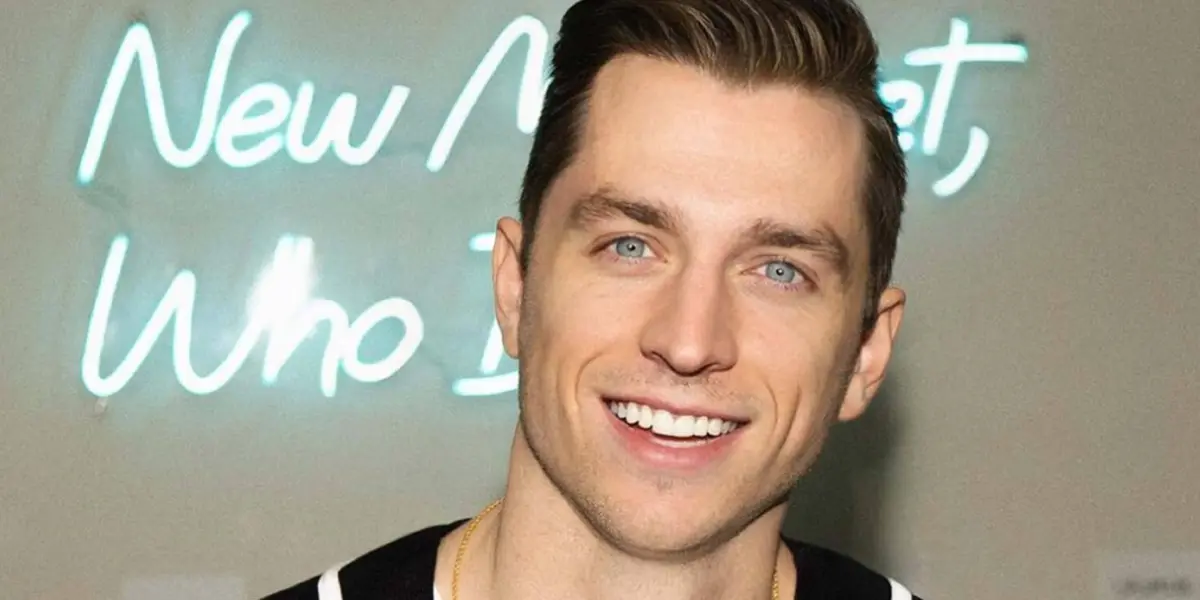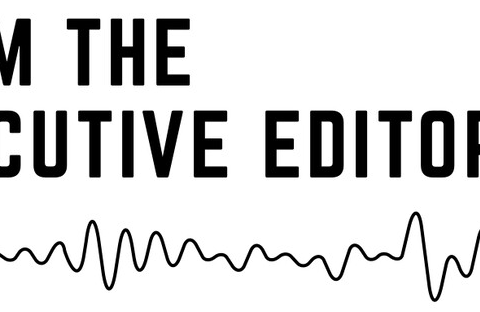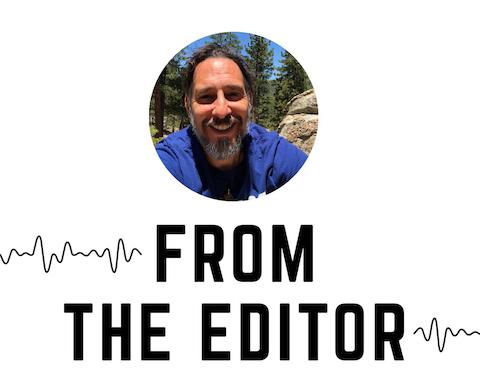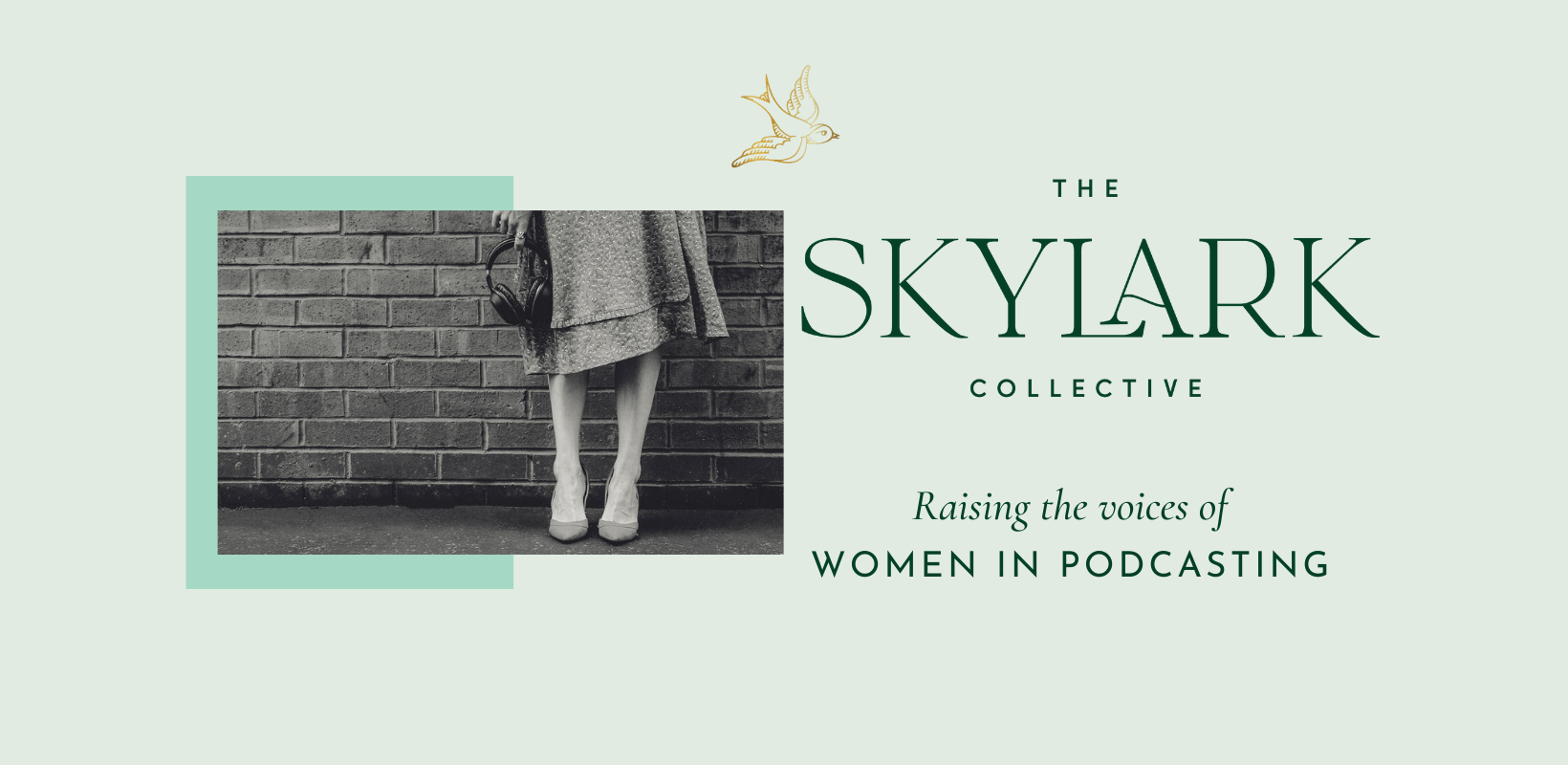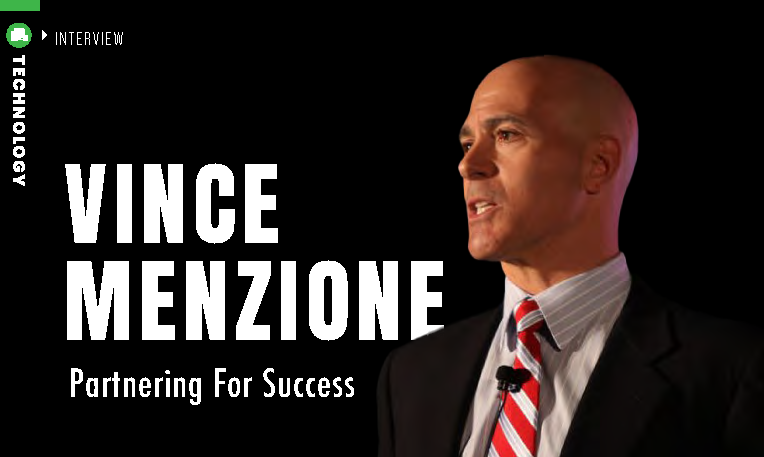If there are two things Case Kenny is utterly passionate about, it’s music and mindset.
A successful writer, recording artist, and podcaster who has made a name for himself as a mindfulness thought leader, his podcast, New Mindset, Who Dis?, is ranked in the top 50 of all health and wellness podcasts in the U.S. Still, he doesn’t consider himself an “expert” or “guru” in the world of self-improvement.
“How is anyone an expert in life? We’re all just winging it!” he joked. “I’m just a dude living his life sharing some perspective. There’s no preaching of generic life advice, here… just my thoughts on self-help, wellness, and mindset with practical and personal insights on how to live a passionate, purposeful, and happy life.”
Case’s podcast perfectly captures the essence of his passion for mindset. His second show, Zen Disco, perfectly captures the essence of his passion for music, while subtly yet effectively mixing in overdubs of his singular perspective on personal growth. It’s a unique combination that few have dared explore before.
“I’ve always been attracted to certain genres of dance music. When I started podcasting in 2014, I was like, ‘Okay, I understand audio. I understand music. Why not combine the two?’ That decision gave me the confidence, knowhow, and network to get my foot in the door in the podcasting space.”
Though his musical interests are varied, his original influences include Carl Cox and Armin van Buuren. A lifelong music enthusiast at heart, his love for music led him to numerous EDM (electronic dance music) festivals and, eventually, to assume his position behind the decks as a DJ. Ultimately, it steered him into the recording studio as a producer.
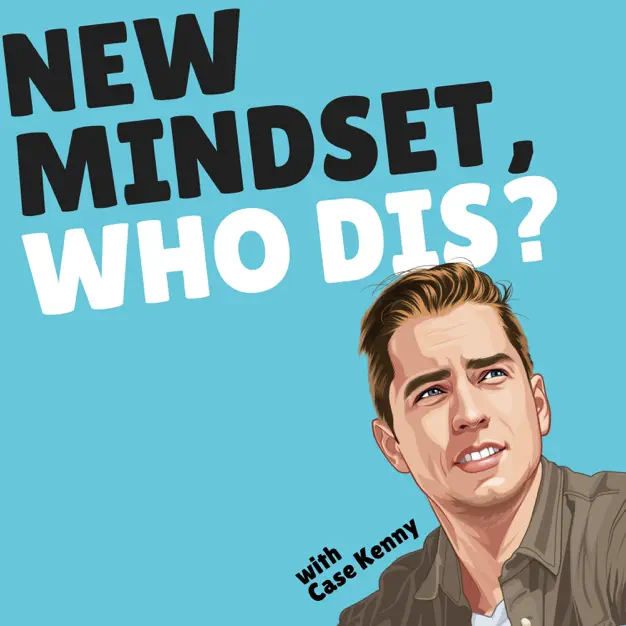
“I don’t really approach music with a desire to create bangers or do phenomenal sets. I try to fuse together the genres of music and mindfulness in everything I do. In particular, there’s something about dance music—the melody, the progression, the break, the build, the drop—that lends itself to putting folks in the right mindset to receive powerful messages. And I just love bringing those two elements together.”
Historically, music has been used as a tool that allows people to tap into parts of their consciousness they may not be able to access on their own. Perhaps this reflects a key component of Case’s podcast that makes it so appealing and effective.
“I’ve never done anything of merit without music,” Case shared. “Truly. I sit in my chair overlooking the Chicago River and put on music that vibes at 128 beats per minute or so. It’s usually house or progressive melodic. Without fail, it puts me in this headspace where I feel honest and vulnerable with myself. And that’s so important with what I do. There’s just something about electronic dance music that nurtures the brain’s love of expectation.
“It’s honestly about simplicity. A simplicity of melody is what lends itself to mindfulness, because otherwise, you try to fill it with too much. Melody and a progression put you in this fluid headspace where you have vulnerability that allows you to transcend time and go wherever you want to with your mind. The music leads you there.”
When it comes to the importance of mindfulness in Case’s life, he prefers to define it practically, rather than esoterically. For him, it isn’t about vibrations, energies, chakras, and karma, though he readily acknowledges their merit.
“It’s more than self-awareness,” he said. “It’s honesty, too, but even more than that, it’s the WHY. Everything I do—every book I’ve written and everything I act on—is to purposefully give people questions and perspective to challenge their why. It’s about pushing yourself to investigate… to ask yourself, ‘Is this something I have borrowed from someone else? Or is this something I have created? Is this my truth?’
“I love the why. I can point to any experience in my life and say, ‘This is why I believe this. This is why I have this standard. This is why I believe I’m capable of XYZ.’ Music puts me in a headspace to better identify the why… to be mindful.”
Case’s commitment to the why is fierce—and it is the foundation of his deep desire to inspire others to embrace it, as well.
“At a minimum, we all have the ability to ask ourselves questions in the immediate. Think about it—most would agree that the purpose of life in some sense is to go out and find answers. But we forget that the key to finding an answer is to ask ourselves the right questions in the first place. And that’s what mindfulness is.
“The question I come back to all day every day is ‘Why?’ Why is so powerful.”
He also credits his ability to remain mindful with constant practice:
“I made it my own, though it took thousands and thousands of hours to do it. When I found a question that was helpful to me—and some definitely were not—I would then go and share what I learned from that experience. Mindfulness is absolutely a muscle. It’s something you strengthen as you get better at being honest with yourself. I do it all day, every day, and I’ve been doing it for years. It’s become ingrained in me in a way that allows me to break through the bullsh*t. I can break through anxiety. I can break through a preconceived belief. I can break through conditioning. It’s all practice.
“My mission in life is to share what works for me with others.”
Of course, Case also admits he was simply “born this way”:
“I like to joke that when I was rolled off the human assembly line, they checked the box for ‘optimist.’ That’s just how I view life. It’s a gift and a privilege—if I’m given two options, I will always seek the more positive, the silver lining, the redeeming quality. It’s just the way I am.”
Case brings that silver lining to his podcast, as well. New Mindset, Who Dis? is a twice-weekly show in which he offers practical thoughts on self-improvement, mindfulness, and how to live your best life.
With more than 5,700 5-star reviews since its 2018 launch, it clearly hits its mark. A “hybrid” of sorts, Case likens it to a “podcast-music-radio show all in one.”
And that’s not the only aspect of the show that makes it considerably different from others in the self-help space.
From launch, Case was determined to redefine traditional podcasting with an absence of guest interviews. Rather, he wanted to use the medium to challenge himself in the form of self-therapy. That meant he would deviate from the norm and exclusively host solo episodes.
“I wanted to keep it short and sweet. I don’t have the attention span to listen to an hour-and-a-half-long podcast unless it’s on a topic that really speaks to me. I generally tune out after 15 minutes. I just want the hits… the main point. So, in a sense, I created it for myself.
“But most importantly, doing the podcast sets the bar for who I want to be.”
It was a hit, right out of the gate. Leveraging his 450,000+ engaged Instagram followers and decent-sized email list, New Mindset took off. Case attributes his 57,000 downloads in the first month to “a dash of luck and the right timing,” as well. The fact that it immediately charted didn’t hurt, either.
Until now, Case has had no need for partners or brands. He was entrepreneurial in the sense that he used his podcast exclusively to promote his books—including his popular New Mindset Journal—and various items for sale. And he was so successful doing so, he was able to leave his job of eight years in sales to focus solely on writing and creating products.
Recently, however, he signed an exclusive deal with SiriusXM, with whom he is excited to “make some magic.”
“Moving forward, every impression, every listen, will be monetized in some sense with respect to the user experience, as well.”
Despite being hesitant to secure sponsors and “be that guy,” he said, Case came to realize that “I do this professionally. I pour my heart and soul into it. I should be paid for what I do. And not because I’m some greedy capitalist, but because it’s par for the course. I kind of evolved my thinking there.”
In an industry that is still fairly difficult to monetize, Case’s consistency has played a notable role in his success. Publishing twice a week goes a long way with listeners. He considers simplicity equally important—holding episodes to approximately 20 minutes in length keeps things simple and easily digestible.
Which leads us to Case’s advice to up-and-coming podcasters:
“Whenever I talk to people about podcasting, I always say that we all have an invaluable perspective. We don’t have to overcomplicate it. I drive one point home over and over in an episode, and a lot of those points are super intuitive.
“Pick one thing that you think you have an interesting take on or experience with and just speak to that one thing.
“On the other side of focus is consistency—again, consistency is the equalizer. If you’re going to start a podcast, commit to it for a full year and see what happens. Podcasting is a graveyard of people who tried and stopped because they didn’t see the results they wanted. I saw a stat once that said 90% of podcasts have less than 10 episodes. But you’re not going to see the results you want if you only record 10 episodes a year.”
Going forward, Case is excited to “bring the podcast to life in different ways”:
“Podcasting is such a gift. When you podcast, your ecosystem becomes larger than the podcast itself. I can sit down and record these episodes twice a week and then turn around and create so much more from what I learned and talked about in the podcast. All my books are from the podcast. I have a game coming out in Target that stems from the podcast. I have a new book I’m working on that’s from the podcast. That’s what excites me. It’s really cool to have this foundation from which I operate. I can’t wait to see what it inspires me to do next.”
Without a doubt, Case is devoted to helping people improve their lives. He’s also living proof that making good money with your passion IS achievable. The two don’t have to be mutually exclusive. It is absolutely possible to enjoy both while staying true to yourself. For Case, those passions are music and mindset, through which he honors his voice and continues to forge his unique path.
October 2022


